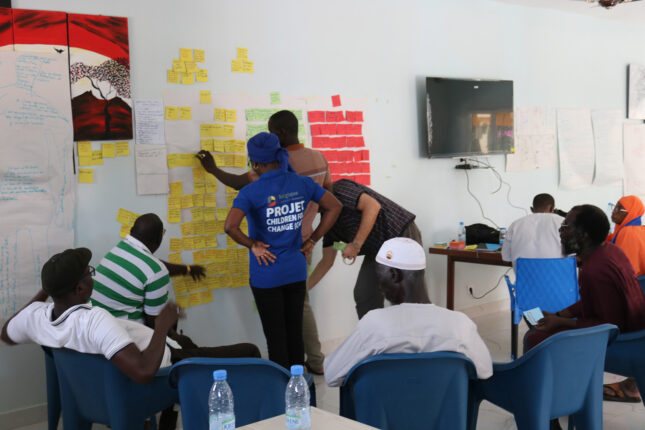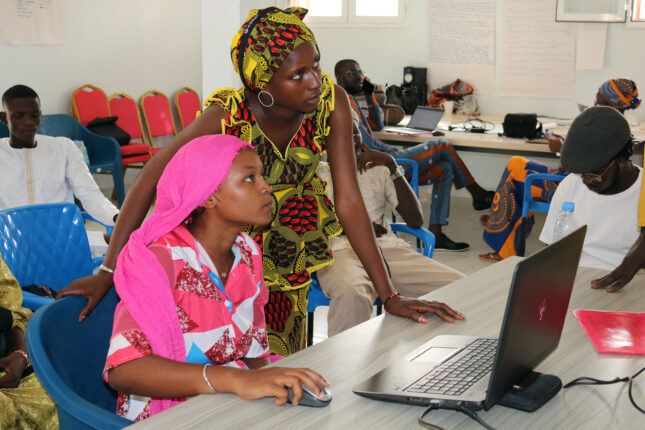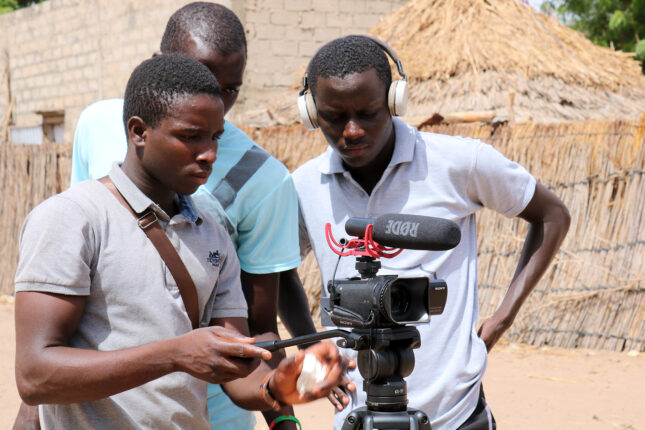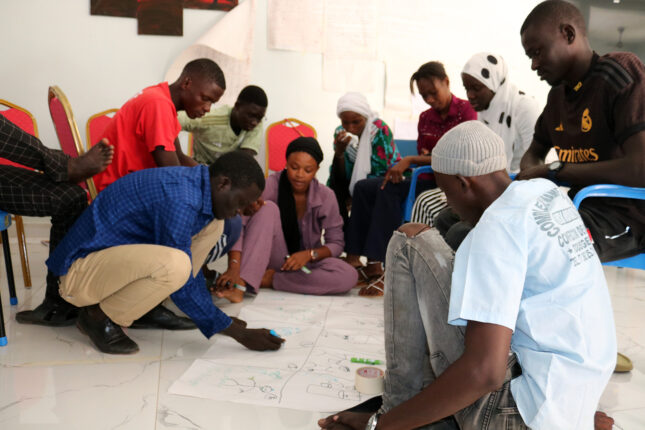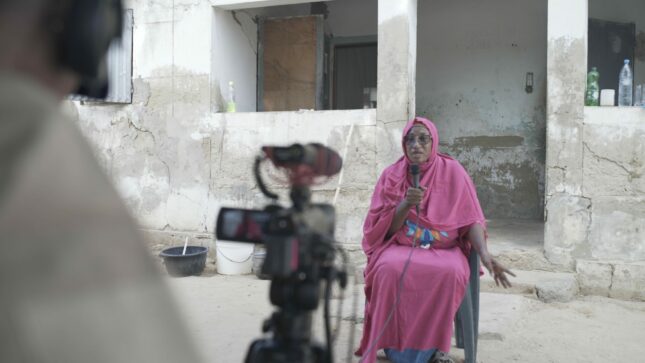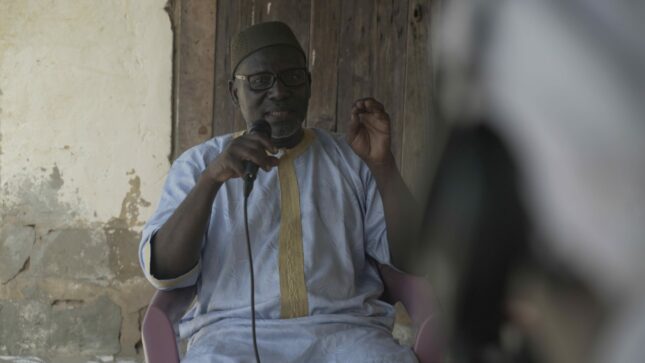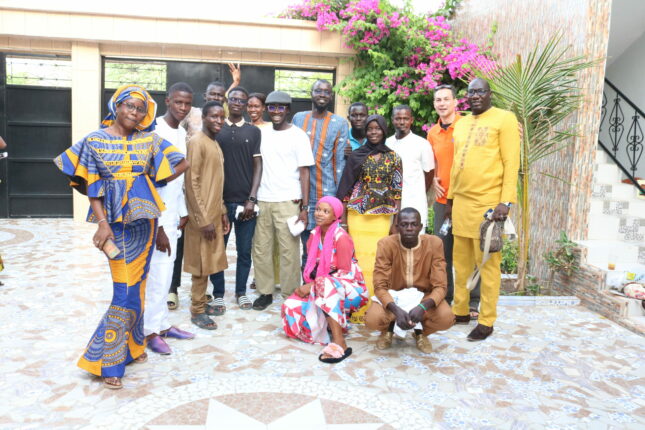Participatory Video & The Most Significant Change in Senegal
Using Participatory Video and The Most Significant Change (PVMSC) methodology to enhance monitoring and evaluation in Senegal, Burundi, and the DRC
This project, carried out in collaboration with SOS Children’s Villages NGO, aimed monitor and evaluate the impact of programs supporting vulnerable children and their communities in three countries: Senegal, Burundi, and the Democratic Republic of Congo (DRC). By combining Participatory Video and the Most Significant Change (MSC) methodology, we enabled participants to share their stories of transformation and resilience, while fostering their active involvement in the analyses process. The main objective was to gain a deeper understanding of the dynamics of resilience and the impact of interventions on both direct and indirect beneficiaries.
METHODOLOGY
Combining Participatory Video and the Most Significant Change (MSC) methodology is not only fruitful but also transformative. This methodological framework serves us as a versatile canvas, opening spaces for dialogue and reflection tailored to the unique sociocultural and programmatic contexts of the project. By engaging participants as co-creators of the process, we create opportunities to explore diverse perspectives, uncover hidden dynamics, and foster meaningful connections that drive change from within.
Participatory Video placed participants at the heart of the process by enabling them to share their own stories through peer to peer filmmaking processes and encounters. This approach fostered their autonomy and engagement while highlighting perspectives often overlooked. The MSC method invited participants to identify and share gradually the most significant changes they had experienced as a result of the programs. By merging these two approaches with a participatory analytical canvas dedicated to the logical framework of the program, the project created an immersive and locally grounded framework for evaluation.
WHAT WE DID
Senegal hosted immersive workshops where participants were trained in camera use and narrative techniques. These sessions allowed them to document their experiences and explore program impacts from a new perspective. The video stories collected were then analyzed in collective discussions to identify the most significant changes and co-create audiovisual content. These videos were used to share results with communities and engage stakeholders in inclusive dialogue, enhancing their involvement in the process.
PARTNERS





SOS Children’s Villages Belgium NGO & SOS Children’s Villages DRC & Burundi
Photographs ©2024 Federico Varrasso, Abdoulaye Diouf, SOS Children’s Villages Belgium
YEAR
2023 – 2024


